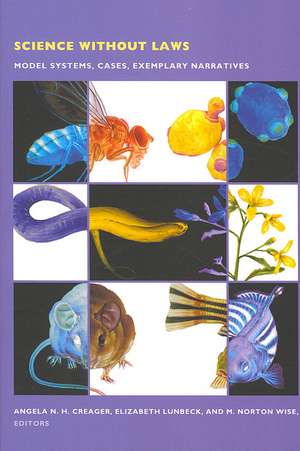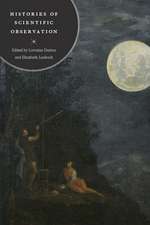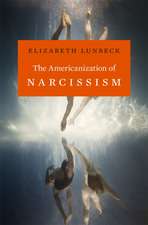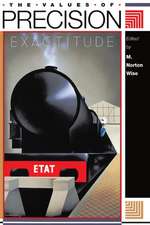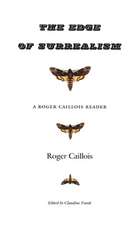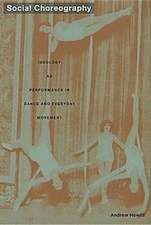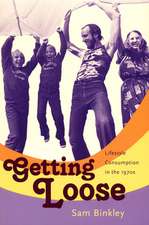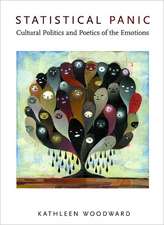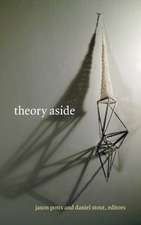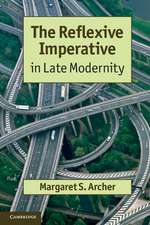Science without Laws – Model Systems, Cases, Exemplary Narratives: Science and Cultural Theory
Autor Angela N. H. Creager, Elizabeth Lunbeck, M. Norton Wiseen Limba Engleză Paperback – 2 sep 2007
Contributors
Rachel A. Ankeny
Angela N. H. Creager
Amy Dahan Dalmedico
John Forrester
Clifford Geertz
Carlo Ginzburg
E. Jane Albert Hubbard
Elizabeth Lunbeck
Mary S. Morgan
Josiah Ober
Naomi Oreskes
Susan Sperling
Marcel Weber
M. Norton Wise
Preț: 262.70 lei
Nou
Puncte Express: 394
Preț estimativ în valută:
50.27€ • 54.82$ • 42.39£
50.27€ • 54.82$ • 42.39£
Carte tipărită la comandă
Livrare economică 24 aprilie-08 mai
Preluare comenzi: 021 569.72.76
Specificații
ISBN-13: 9780822340683
ISBN-10: 0822340682
Pagini: 296
Ilustrații: 14 illustrations
Dimensiuni: 156 x 233 x 22 mm
Greutate: 0.42 kg
Editura: MD – Duke University Press
Seria Science and Cultural Theory
Locul publicării:United States
ISBN-10: 0822340682
Pagini: 296
Ilustrații: 14 illustrations
Dimensiuni: 156 x 233 x 22 mm
Greutate: 0.42 kg
Editura: MD – Duke University Press
Seria Science and Cultural Theory
Locul publicării:United States
Cuprins
Contributors: Rachel A. Ankeny, Angela N. H. Creager, Amy Dahan Dalmedico, John Forrester, Clifford Geertz, Carlo Ginzburg, E. Jane Albert Hubbard, Elizabeth Lunbeck, Mary S. Morgan, Josiah Ober, Naomi Oreskes, Susan Sperling, Marcel Weber, M. Norton Wise
Recenzii
Science without Laws is a superb book. It is a very strong collection, sharply defined yet impressive in scope and reach, rich in substance and deep in analysis.Arkady Plotnitsky, author of Complementarity: Anti-Epistemology after Bohr and DerridaScience without Laws inspires with its breathtaking scope. Delving from ethology to economics, molecular biology to microhistory, the authors illuminate crucial congruences in the way experts make their cases. Generations of scholars have taken physics as their model for right thinking, in science and beyond. This volume demonstrates that we are all biologists now.David Kaiser, author of Drawing Theories Apart: The Dispersion of Feynman Diagrams in Postwar Physics
Notă biografică
Textul de pe ultima copertă
""Science without Laws "inspires with its breathtaking scope. Delving from ethology to economics, molecular biology to microhistory, the authors illuminate crucial congruences in the way experts make their cases. Generations of scholars have taken physics as their model for right thinking, in science and beyond. This volume demonstrates that we are all biologists now."--David Kaiser, author of "Drawing Theories Apart: The Dispersion of Feynman Diagrams in Postwar Physics"
Descriere
Essays on case-based reasoning in the natural- and human sciences.
